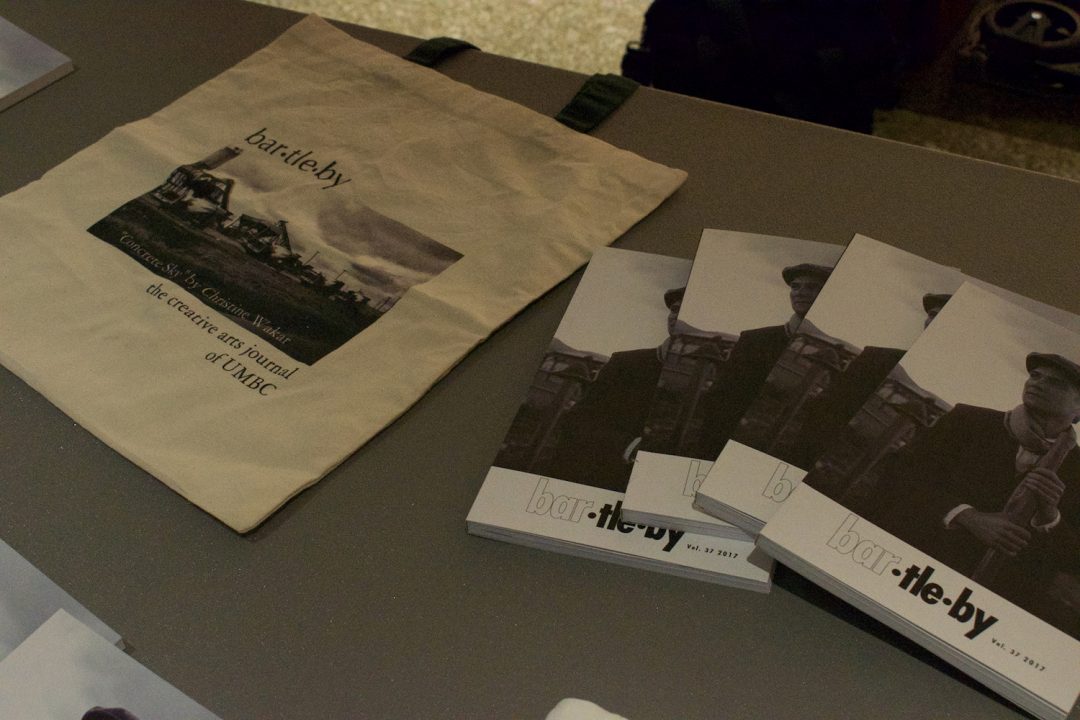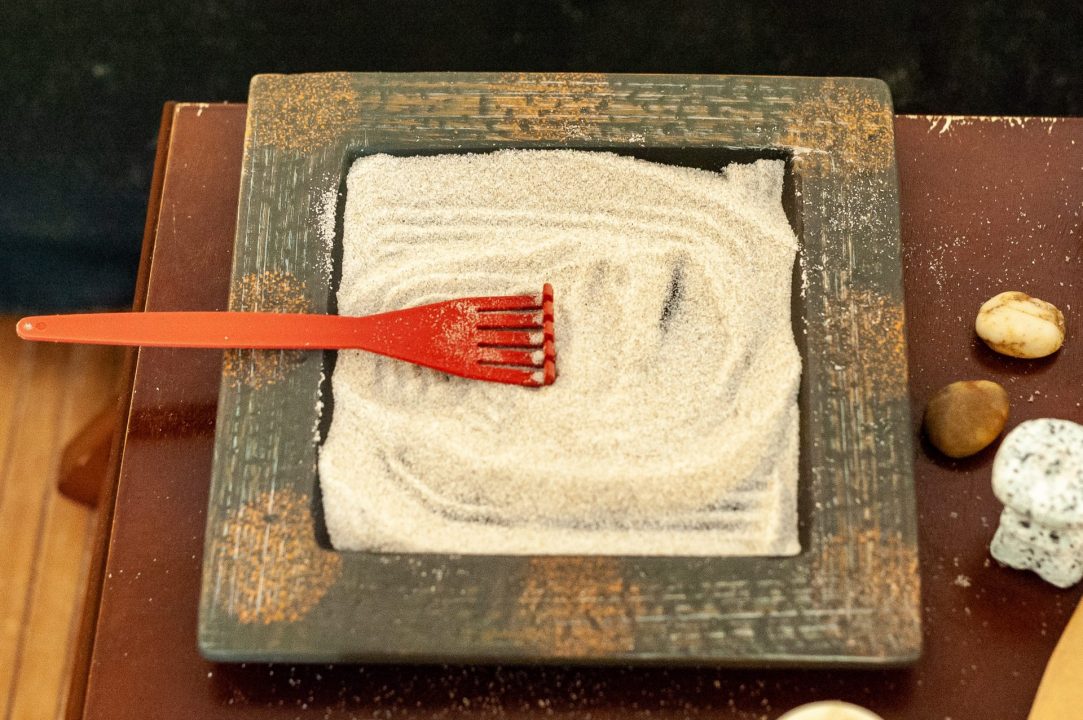Inmates work with UMBC staff to brighten vacant city lots
Maryland prisoners have enrolled in a program, led by UMBC professor Christopher Swan, that teaches them horticultural skills, while cleaning and planting vacant lots in West Baltimore.
With the help of a UMBC professor and his associates, several Baltimore inmates have enrolled in a program to clean up vacant lots and engage in environmental research. Participants have engaged in productive activity, while improving the city by planting and maintaining land.
The Baltimore Sun has reported on this effort, interviewing several participants who expressed their excitement and their sense of productivity. The initiative has given them horticultural skills that they plan to use at their homes, if not in their future jobs. Through hands-on learning opportunities, participants are able to learn a great deal while simultaneously beautifying the city.
To learn more about the development of this program and its research aspect, The Retriever Weekly spoke to its leader, UMBC geography and environmental systems professor Christopher Swan.
“[Participants] are engaged in maintaining the vacant land where our studies take place,” said Swan. So far, they have planted 24 lots, with plans to plant 16 more this spring.
The work is designed to help the inmates, but it has farther-reaching benefits. “By engaging inmates in environmental science, we provide a venue for productive activity. With this in mind, we designed a research program to understand how to improve the environmental quality of urban vacant land in Baltimore,” said Swan.
Swan’s research focuses on biodiversity patterns in urban environments. While the participants plant in vacant lots to improve West Baltimore, they also take environmental samples that will aid in Swan’s work.
The local initiative has links to wider organizations. “The work is a combined research, outreach and informal training program,” said Swan. “It was born out of a nationwide effort called the Sustainability in Prisons Project.”
Even so, the project has remained local and intimate. Besides Swan, who designed the initiative with graduate student Anna Johnson, and colleagues with the Maryland Department of Public Safety and Correctional Services, few people have been involved. At any given time, eight to ten inmates participate.
Swan and his team have been working with inmates for two and a half years, and the recent unrest in West Baltimore has not swayed them, despite the fact that many of the plots of land being studied are in this troubled neighborhood.
“We have managed to move back some of the work for the Spring to let things settle down,” said Swan, who had only good things to say about the community as a whole. “I have received nothing but positive feedback from community members over the time the project has been in place. As such, I don’t foresee our efforts being compromised by any peaceful protests,” he continued.
Johnson, who has helped lead the program, agreed and said, “we have had very positive experiences while working in these neighborhoods,” she said. “People stop to chat with us, have brought us and the inmates water on hot days, and are generally interested in the work, and friendly.”
The program has proven an excellent opportunity for inmates to connect with the community and gain skills. They have brought some green to the concrete and brick of the city, and they’ll bring it with them to their next homes.








